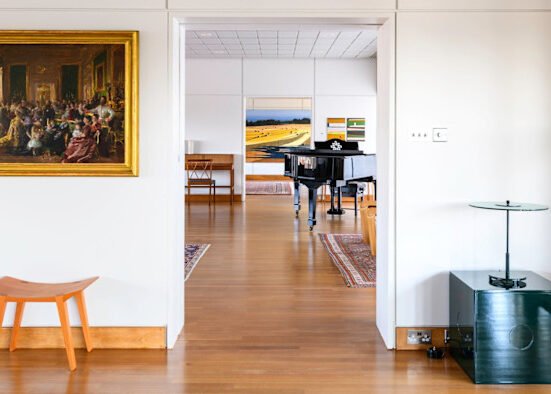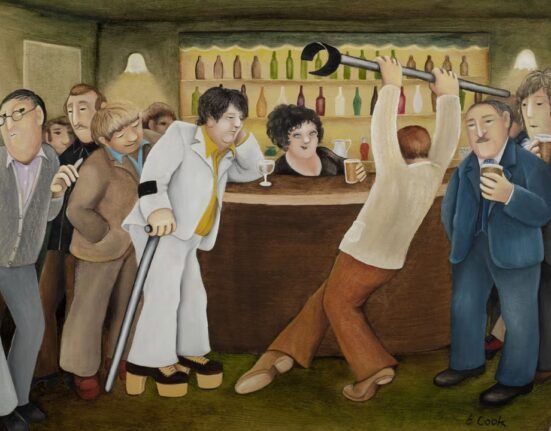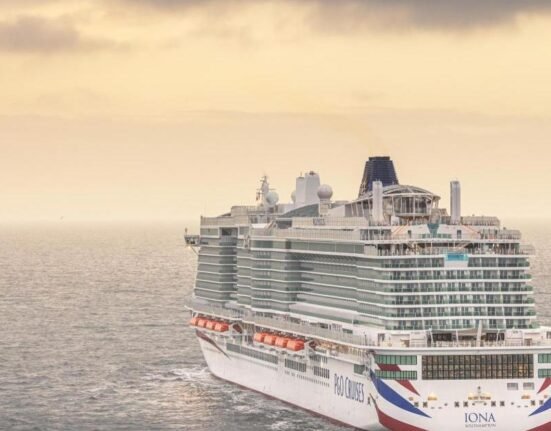The UK Town of Culture programme will run alongside the UK City of Culture – a scheme first set up in 2013
The Government will name a “UK Town of Culture” to showcase British cultural heritage outside the big cities as part of Labour’s levelling-up agenda, the Culture Secretary will announce on Monday.
Lisa Nandy will tell Labour’s party conference that towns are “the beating heart of Britain” as she unveils the new scheme.
At last year’s general election, Labour made sweeping gains in smaller and medium-sized communities previously represented by the Conservatives.
But polls suggest that the party’s control of the towns may be at risk from Reform UK, which performed strongly in county council elections in May.
The UK Town of Culture programme will run alongside the UK City of Culture – a scheme first set up in 2013 which sees one city or urban region given the title every four years.
The current holder, Bradford, is hosting high-profile events such as the Turner Prize exhibition.
In future, towns given the UK Town of Culture designation will be expected to spend one year showcasing local cultural heritage, which Labour hopes will create jobs and “boost pride in place”.
The party said its proposals would result in “more local people involved in arts and culture on their doorstep, more opportunities for young people to access creative careers, more investment flowing into towns across the country”.
Nandy is expected to say in her speech: “Towns are the beating heart of Britain, full of talent, creativity and pride.
“This is about backing the people who make our towns great, celebrating the places we’re proud to call home, and putting culture at the heart of our national renewal.”
Further details of how the competition will work and when it will first be open for applications will be announced later in the autumn, alongside the launch of the UK City of Culture 2029.
Nandy, the MP for Wigan who stood to be Labour leader against Sir Keir Starmer in 2020, has long been an advocate of focussing on towns rather than cities as a way of engineering nationwide economic youth.
Under the leadership of Jeremy Corbyn, Labour made advances in big cities such as London – but ended up with super-sized majorities in parliamentary seats where the party was already in control, making little impact on the overall make-up of the Commons.
By contrast, Starmer’s team targeted towns and some rural areas in the last general election, picking up more than 200 seats with an unusually effective distribution of votes.







